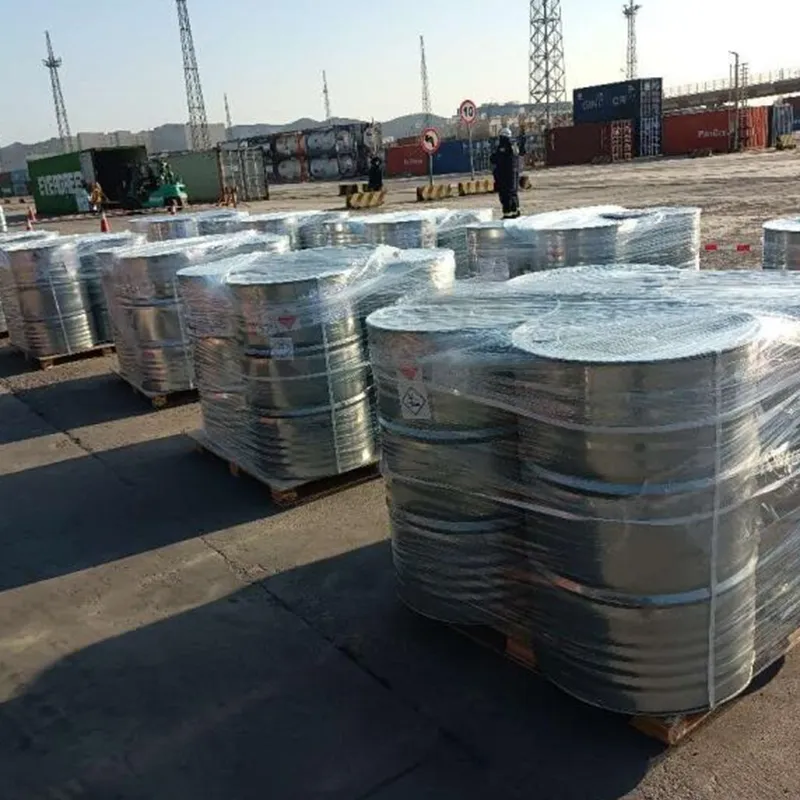
Exploring the Impact of Food Additives on Health and Flavor Enhancement
The Role of Additives in Food Production A Double-Edged Sword
Additives are substances that are added to food products to enhance their taste, appearance, texture, and shelf life. While they serve essential functions in modern food production, the use of additives has sparked controversy and debate among consumers, health professionals, and regulatory agencies. Understanding the role of food additives is crucial in determining their impact on health and the environment.
Types of Additives
Food additives can be classified into several categories based on their functions. Preservatives are perhaps the most well-known type, aimed at extending the shelf life of food products by inhibiting spoilage caused by microorganisms. Common preservatives include sodium benzoate and potassium sorbate. These ingredients allow consumers to enjoy products long after their initial production, reducing food waste significantly.
Flavors and colorings are another prominent category. Flavor enhancers, such as monosodium glutamate (MSG), are often used to amplify a food's taste, while artificial colorings improve the visual appeal of food items. Brightly colored snacks and beverages grab attention on store shelves, making them more appealing to consumers, especially children.
Thickeners, stabilizers, and emulsifiers play an essential role in achieving desirable textures in various food products. For example, xanthan gum and guar gum are frequently used in salad dressings and sauces to create a smooth consistency. These additives ensure that ingredients mix well, providing a pleasing mouthfeel.
The Benefits of Additives
The benefits of food additives are numerous
. They provide convenience, allowing for faster and more efficient food production. The use of preservatives means that consumers can stock up on their favorite foods without the immediate concern of spoilage. Furthermore, additives can improve the nutritional value of food. For example, certain vitamins and minerals can be added to breakfast cereals to help combat deficiencies in the general population.additives

Moreover, additives are crucial for food safety. By inhibiting the growth of harmful bacteria and fungi, preservatives help prevent foodborne illnesses. The increasing global population poses a challenge for food security, and additives can play a role in extending the availability of food products while ensuring safety.
Concerns and Controversies
Despite their advantages, food additives have come under scrutiny. Critics argue that many synthetic additives may contribute to negative health effects over time. Some studies suggest a possible link between certain artificial colorings and hyperactivity in children, although the evidence is inconclusive. Furthermore, concerns about the long-term impact of consuming synthetic additives remain largely unaddressed.
Labeling is another contentious issue. Many consumers prefer to eat whole, unprocessed foods, and the presence of additives can be a deterrent. There is a growing demand for transparency in food labeling, with many individuals seeking products that are free from artificial ingredients. As a result, the food industry is responding with “clean label” movement, where companies emphasize natural ingredients and provide clearer information regarding additives.
Regulation and Safety
Regulatory agencies, such as the U.S. Food and Drug Administration (FDA) and the European Food Safety Authority (EFSA), play a crucial role in ensuring the safety of food additives. Before any additive is approved for use, it must undergo extensive testing and evaluation to determine its safety levels. These agencies continuously monitor the consumption of food additives and adjust regulations as new scientific evidence becomes available.
Conclusion
The role of additives in food production is multifaceted, serving essential purposes that improve both safety and convenience for consumers. While they offer numerous benefits, the potential risks associated with certain additives cannot be overlooked. As more people seek cleaner, more natural food options, the food industry is faced with the challenge of balancing the use of additives with consumer demands for transparency and health. Education and awareness among consumers will be crucial in navigating the complexities surrounding food additives, allowing individuals to make informed decisions about their dietary choices. Ultimately, additives remain a vital component of modern food science, embodying both innovation and caution in our quest for healthier eating.
-
The Safety Challenges of Ammonium Nitrate FertilizerNewsJun.26,2025
-
The Critical Role of Mining ChemicalsNewsJun.26,2025
-
Shelf Life of Glacial Acetic Acid Food GradeNewsJun.26,2025
-
Enhancing PVC Longevity with 1,2,3-Benzotriazole InnovationsNewsJun.26,2025
-
China’s Dominance in Food Additive ProductionNewsJun.26,2025
-
Can Aluminum Hydroxide Replace More Toxic Alternatives?NewsJun.26,2025
-
PE and PP Plastics with Benzotriazole AdditivesNewsJun.12,2025
Hebei Tenger Chemical Technology Co., Ltd. focuses on the chemical industry and is committed to the export service of chemical raw materials.
-

view more DiethanolisopropanolamineIn the ever-growing field of chemical solutions, diethanolisopropanolamine (DEIPA) stands out as a versatile and important compound. Due to its unique chemical structure and properties, DEIPA is of interest to various industries including construction, personal care, and agriculture. -

view more TriisopropanolamineTriisopropanolamine (TIPA) alkanol amine substance, is a kind of alcohol amine compound with amino and alcohol hydroxyl, and because of its molecules contains both amino and hydroxyl. -

view more Tetramethyl Thiuram DisulfideTetramethyl thiuram disulfide, also known as TMTD, is a white to light-yellow powder with a distinct sulfur-like odor. It is soluble in organic solvents such as benzene, acetone, and ethyl acetate, making it highly versatile for use in different formulations. TMTD is known for its excellent vulcanization acceleration properties, which makes it a key ingredient in the production of rubber products. Additionally, it acts as an effective fungicide and bactericide, making it valuable in agricultural applications. Its high purity and stability ensure consistent performance, making it a preferred choice for manufacturers across various industries.











